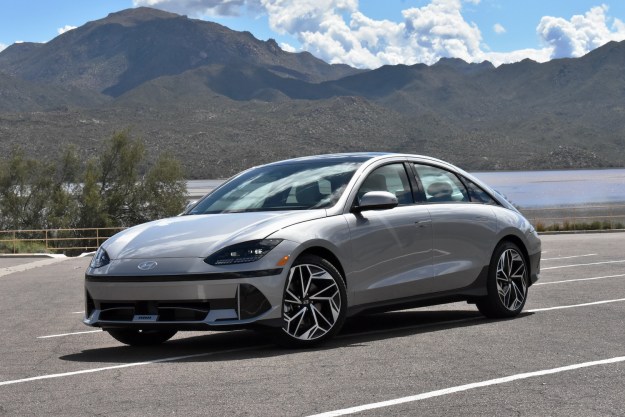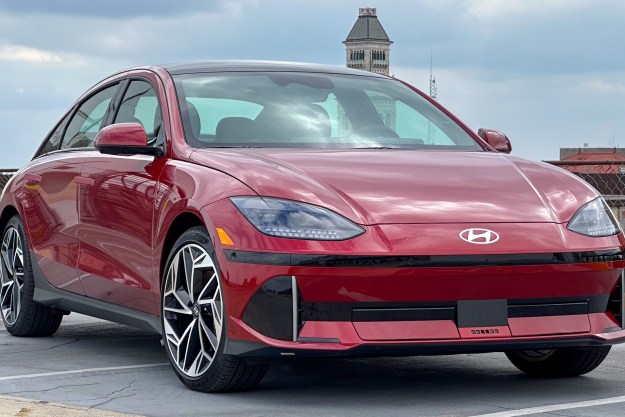
Genesis unveiled the G90, its very first car, earlier this year during the Detroit Auto Show. Positioned at the very top of the lineup, the G90 is scheduled to go on sale in the near future as a 2017 model. It will be joined by the G80, which is closely related to the existing Hyundai Genesis, before the end of the year.

Moving down, Genesis’ next all-new model will be a compact sedan called G70. Its design will be markedly inspired by the head-turning New York Concept that was shown — you guessed it — during the New York Auto Show, and it will be positioned as a more affordable alternative to the BMW 3 Series. The product plan reveals that we’ll see the G70 before the end of the year. Genesis’ main export market is the United States, so it’s not too far-fetched to speculate the sedan will greet the public for the first time at this year’s Los Angeles show.
Genesis will then embark on a crossover offensive, according to the slide uncovered by The Korean Car Blog. The first model — which doesn’t have a name yet — will be a midsized off-roader in the same vein as the Mercedes-Benz GLE-Class and the BMW X5. The second will be a size smaller, meaning it will take on the GLC and the X3. Both models will land between 2017 and 2020.
Read more: Hyundai could tap into its WRC expertise to take on the Golf R with a 300hp hot hatch
With all of its mainstream bases covered, Genesis will turn to building cars that appeal to enthusiasts. The last model in the company’s product plan is a coupe that will presumably compete in the same segment as the BMW 4 Series. An earlier report claims the two-door will even spawn a hot-rodded model powered by turbocharged V6 engine, but we’re unlikely to see it this decade.
Editors' Recommendations
- 2025 Hyundai Tucson Plug-In Hybrid gets improved tech features
- Genesis turns up the heat with GV60 Magma concept
- Hyundai bets big on hydrogen from sewage, plastic
- Amazon and Hyundai partner on online car sales, in-car services
- The Hyundai Ioniq 5 N makes one of the coolest EVs ready for the track



